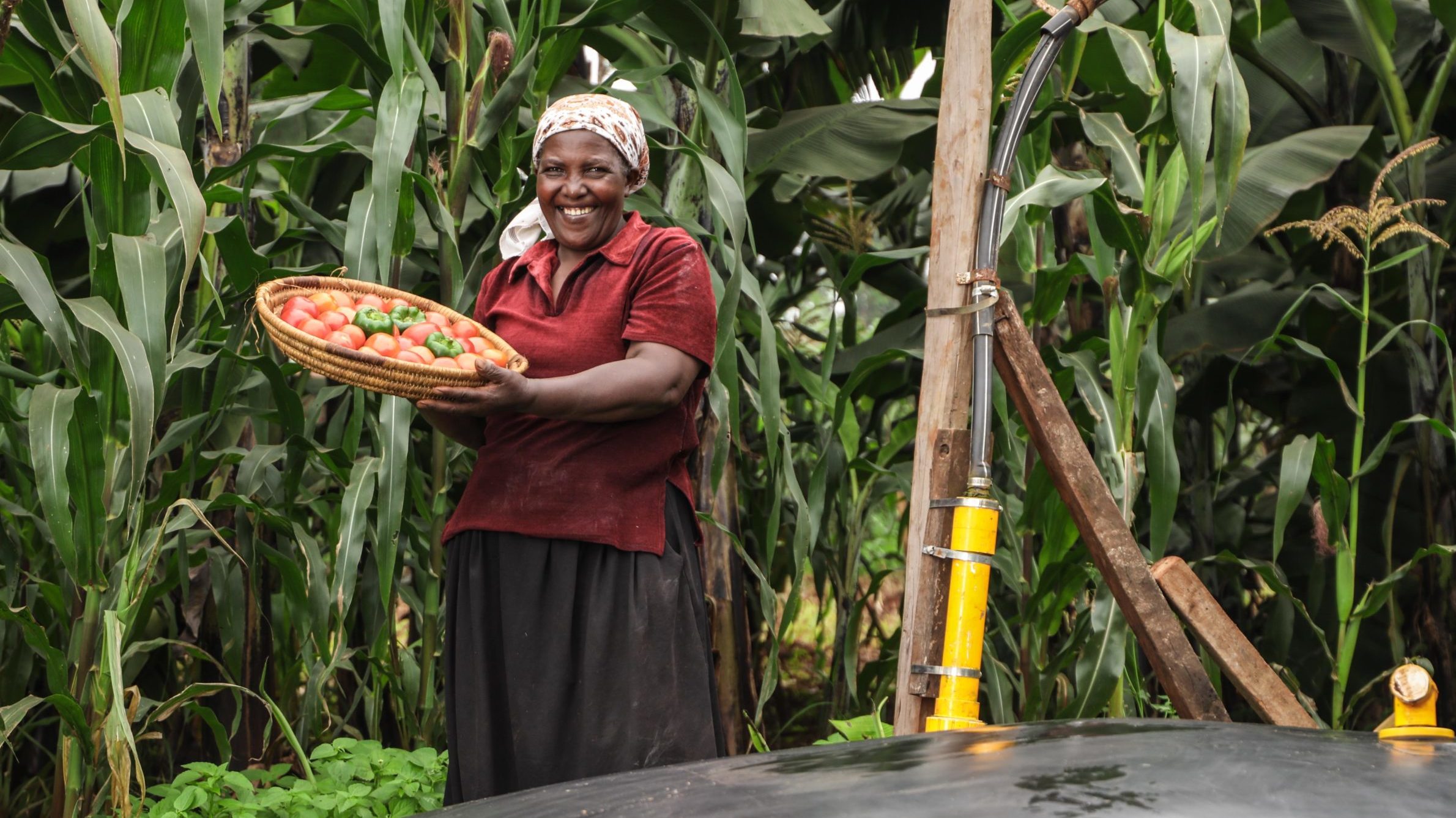A Clean and Healthy Environment is a Human Right, but We Cannot Ensure it Without Changing the Way People Cook
The United Nations (UN) General Assembly recently declared access to a healthy and clean environment a global human right. While long overdue, this declaration was nonetheless welcome news for the 2.4 billion people globally who rely on polluting fuels and stoves to prepare meals, which turn homes into deadly, smoke-filled hazards that exacerbate climate change and increase pressure on environmental resources. Universal access to clean cooking is needed to uphold the right to a clean and healthy environment, and the UN’s declaration has the potential to galvanize action toward clean cooking for all. However, for the people who bear the burdens of polluted cooking — most often women and children — words are not enough. Governments and investors have an obligation to take action to enforce human rights and step-up commitments to ensure universal access.
Although the UN resolution to a clean and healthy environment is not legally binding, it can jumpstart initiatives that can in turn spark large-scale clean cooking transformations. “These resolutions may seem abstract, but they are a catalyst for action, and they empower ordinary people to hold their governments accountable in a way that is very powerful,” said David Boyd, the UN Special Rapporteur for Human Rights and the Environment.
In practice, this means that governments now have an obligation to promote, protect and fulfill this right, and there is a long history of UN resolutions being utilized as productive tools to spur legislative changes. Since the right to food was recognized as a human right in 1966, it has enabled human rights institutions and courts to address threats to food security, while the 2010 UN resolution on the human right to water and sanitation led to policy changes in numerous countries that increase access to clean water. Similarly, the new UN resolution should be used as an accountability tool and framework for governments and investors to take a coordinated and holistic approach to accelerating clean cooking access.
The resolution comes at a time when the consequences of the planet’s three ongoing crises — climate change, air pollution, and biodiversity loss — are becoming increasingly evident with each day. Clean cooking lies at the core of addressing each of these three problems.
Evidence about the harmful health impacts of household air pollution from cooking fuels is mounting. Exposure to household air pollution is a leading environmental risk factor that leads to 3.2 million deaths annually, with women and children disproportionately bearing the health burden. It has long been known that exposure to household air pollution contributes to heart and lung-related ailments. However, emerging evidence suggests that the health impacts of household air pollution reach even further, contributing to negative birth outcomes, poor cognition, mental health disorders, and more severe symptoms of COVID-19. Access to a clean and healthy environment cannot be achieved while 2.4 billion people are exposed to deadly levels of air pollution daily.
Every year, cooking with solid fuels produces as much climate-harming emissions as the entire global airline industry, and accounts for more than half of human-generated emissions of black carbon — a pollutant that is 1,500 times more impactful on global warming than CO2 on a per unit basis. Up to 34% of wood fuel harvested is unsustainable, contributing to forest degradation and climate change. In countries like the Democratic Republic of Congo, where 90% of the population relies on charcoal for cooking, over a million acres of forest were lost in 2020 alone to wood fuel collection, driving forest degradation and harming precious ecosystems that naturally remove carbon from the atmosphere.
Forests are home to more than 80% of all terrestrial species of animals, plants, and insects, and provide resources to more than 1.6 billion people who depend on them for their livelihoods. With 275 million people living in hotspots where over 50% of wood fuel harvesting is unsustainable, demand for wood and charcoal is one of the most significant drivers of forest degradation, impacting species composition and soil quality, with long term impacts on biodiversity and climate.
Fortunately, expanding access to clean cooking has the power to tackle the triple planetary crisis and provides a tangible way for nations to implement their commitment to a clean and healthy environment for all. Without clean cooking, the promise of a clean and healthy environment as a fundamental human right will fall short. While the declaration offers a useful layer of accountability, true progress can only come from increased investment in clean cooking and government-level coordination across sectors. Human rights are inalienable, but it’s up to us to do the work needed to make those rights a reality and ensure everyone can enjoy a clean and healthy environment.

